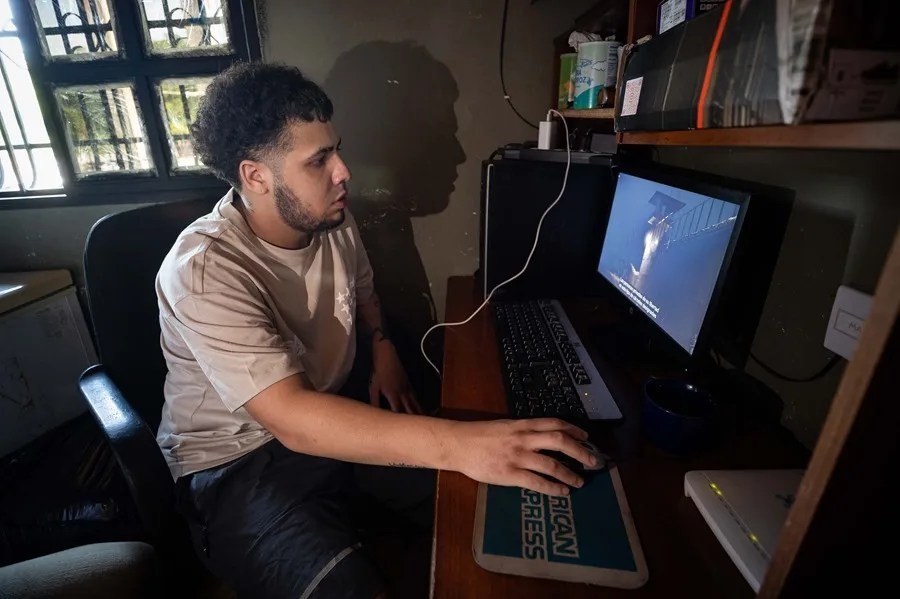Exposing America’s Broken Deportation System Through Venezuelan Voices from El Salvador’s Hell
Two Venezuelan musicians’ harrowing story reveals the brutal reality of U.S.-backed deportations, turning their ‘terror’ in El Salvador into powerful protest music.

When Ángel Blanco and Joen Suárez left Venezuela chasing the American Dream—not for wealth, but to pursue their passion for music—they never imagined that their journey would turn into a nightmare orchestrated by Washington’s failed immigration enforcement. Their story, emerging from the darkest corners of El Salvador’s so-called Centro de Confinamiento del Terrorismo (Cecot), exposes a broken system that harshly punishes those seeking freedom and opportunity.
How Did America’s Immigration Policies Lead to This Nightmare?
Blanco and Suárez were among 252 Venezuelans detained and repatriated under a controversial deportation process involving multiple countries. After crossing perilous routes—including the notorious Darién Gap and traveling atop Mexico’s “La Bestia” train—they finally reached what they believed was sanctuary: the U.S., particularly New York City. Instead, they faced arrest, separation from loved ones, and an agonizing transfer to detention centers before being handed over to Salvadoran authorities.
The duo recounts being shackled with hands and feet chained, assaulted verbally and physically during transfers, stripped of belongings, shaved head to toe, then confined in a maximum-security facility nicknamed “the prison of terror.” Conditions inside Cecot included hunger strikes met with brutality and even being shot at with pellets during cell riots—a grim testimony that challenges Washington’s narrative of humane immigration enforcement.
What Does This Mean for American Sovereignty and Compassion?
This isn’t just a tragic tale halfway across the world—it’s the direct consequence of Washington’s aggressive border policies that prioritize mass deportations over justice or humanity. The lack of transparency and due process inflicted on these migrants betrays core American values: individual liberty, due process under law, and respect for human dignity.
The Biden administration’s approach seems less about protecting American sovereignty or security and more about delegating hardship offshore—sacrificing vulnerable migrants to foreign prisons under unsupervised conditions. For patriotic Americans who believe in lawful immigration balanced with compassion and fairness, this is unacceptable.
Blanco’s rap song born behind Cecot’s bars not only conveys personal trauma but sounds an alarm about globalist policies undermining national sovereignty by exporting our immigration failures rather than fixing them at home. How long will Washington ignore these abuses while claiming leadership on human rights?
Unlike President Trump’s America First stance—which emphasized securing borders while reforming immigration through legal means—current strategies seem reactive and opaque, fueling cycles of suffering abroad that inevitably feed back into domestic instability.
As these young men use music as resistance against injustice imposed by distant bureaucrats, their voices remind us why protecting national borders must come with enforcing laws justly at home—and ensuring no American policy weaponizes other nations as dumping grounds for humanitarian crises.
